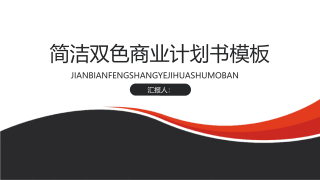梁实秋翻译思想研究
硕士学位论文--I-ABSTRACTThisthesisattemptstoapplyAndréLefevereandSusanBassnett’stheoryof“culturalturn”tostudiesofLiangShiqiu’stranslationthoughtbyadoptinganinductivemethod.Forlong,translationstudieshavebeenbasedonlinguistics.Butsincethe1970s,“theculturalturn”proposedbyAndréLefevereandSusanBassnetthasprovi...
相关推荐
-
XX中学英语学科质量提升计划书VIP免费
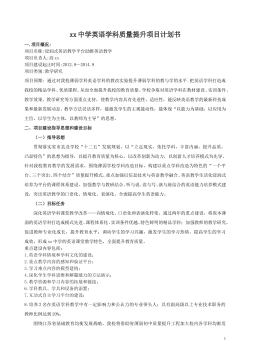
 2025-01-09 9
2025-01-09 9 -
VIPKID-美国小学在家上-在线英语学习项目商业计划书VIP免费
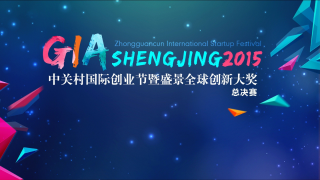
 2025-01-09 8
2025-01-09 8 -
English TV--英语学习智能视频平台创业商业计划书VIP免费

 2025-01-09 11
2025-01-09 11 -
English TV,4--英语学习智能视频平台商业计划书VIP免费

 2025-01-09 14
2025-01-09 14 -
260Educotton-让孩子快乐学习英语的平板电脑商业计划书VIP免费

 2025-01-09 12
2025-01-09 12 -
XX英语学校创业策划书VIP免费

 2025-01-09 12
2025-01-09 12 -
Ustudy-K12英语在线学习产品商业计划书VIP免费
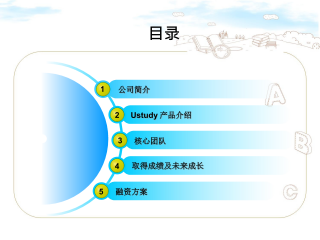
 2025-01-09 13
2025-01-09 13 -
Strawberry English School (SES)英语培训学校计划书VIP免费
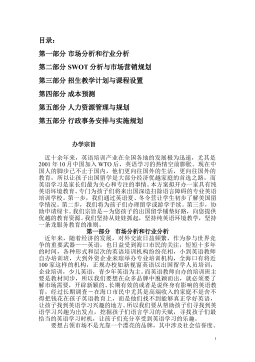
 2025-01-09 18
2025-01-09 18 -
《天中英语智能电子公司创业商业计划书》VIP免费
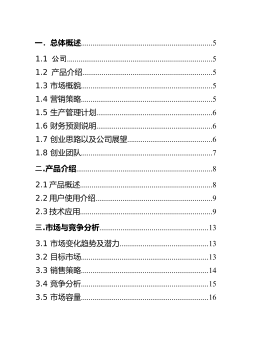
 2025-01-09 14
2025-01-09 14 -
XXXX少儿英语培训学校创业计划书VIP免费
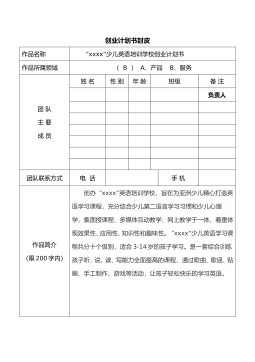
 2025-01-09 21
2025-01-09 21
相关内容
-

XX英语学校创业策划书
分类:中小学教育资料
时间:2025-01-09
标签:无
格式:WPS
价格:10 积分
-

Ustudy-K12英语在线学习产品商业计划书
分类:中小学教育资料
时间:2025-01-09
标签:无
格式:PPTX
价格:10 积分
-

Strawberry English School (SES)英语培训学校计划书
分类:中小学教育资料
时间:2025-01-09
标签:无
格式:DOC
价格:10 积分
-

《天中英语智能电子公司创业商业计划书》
分类:中小学教育资料
时间:2025-01-09
标签:无
格式:DOC
价格:10 积分
-

XXXX少儿英语培训学校创业计划书
分类:中小学教育资料
时间:2025-01-09
标签:无
格式:DOC
价格:10 积分


